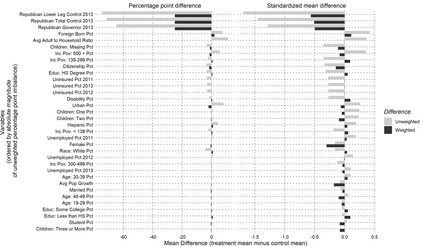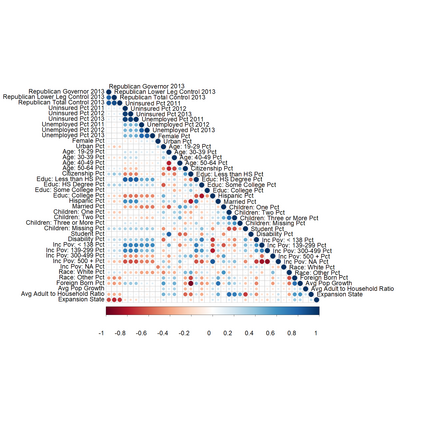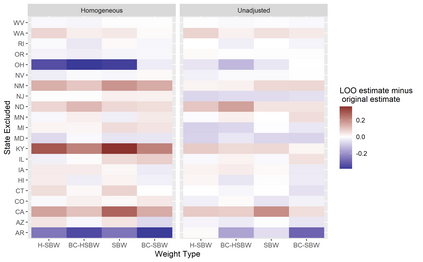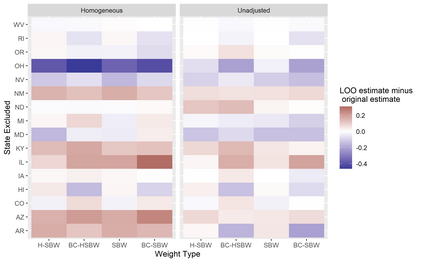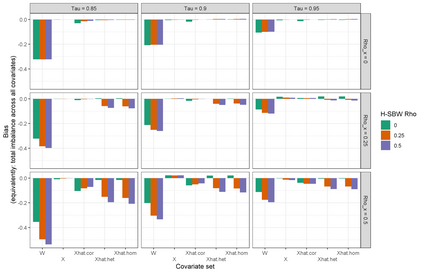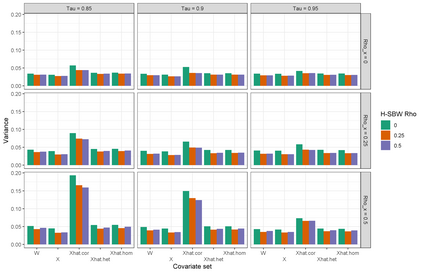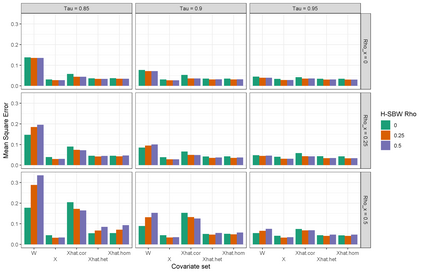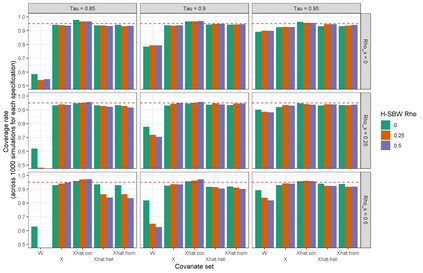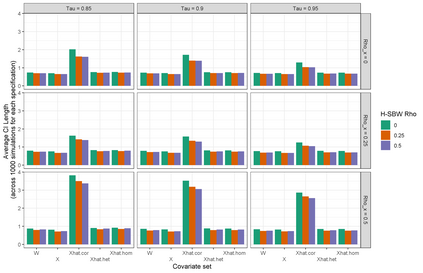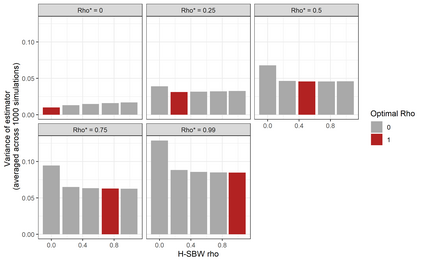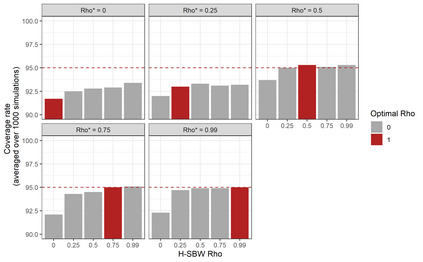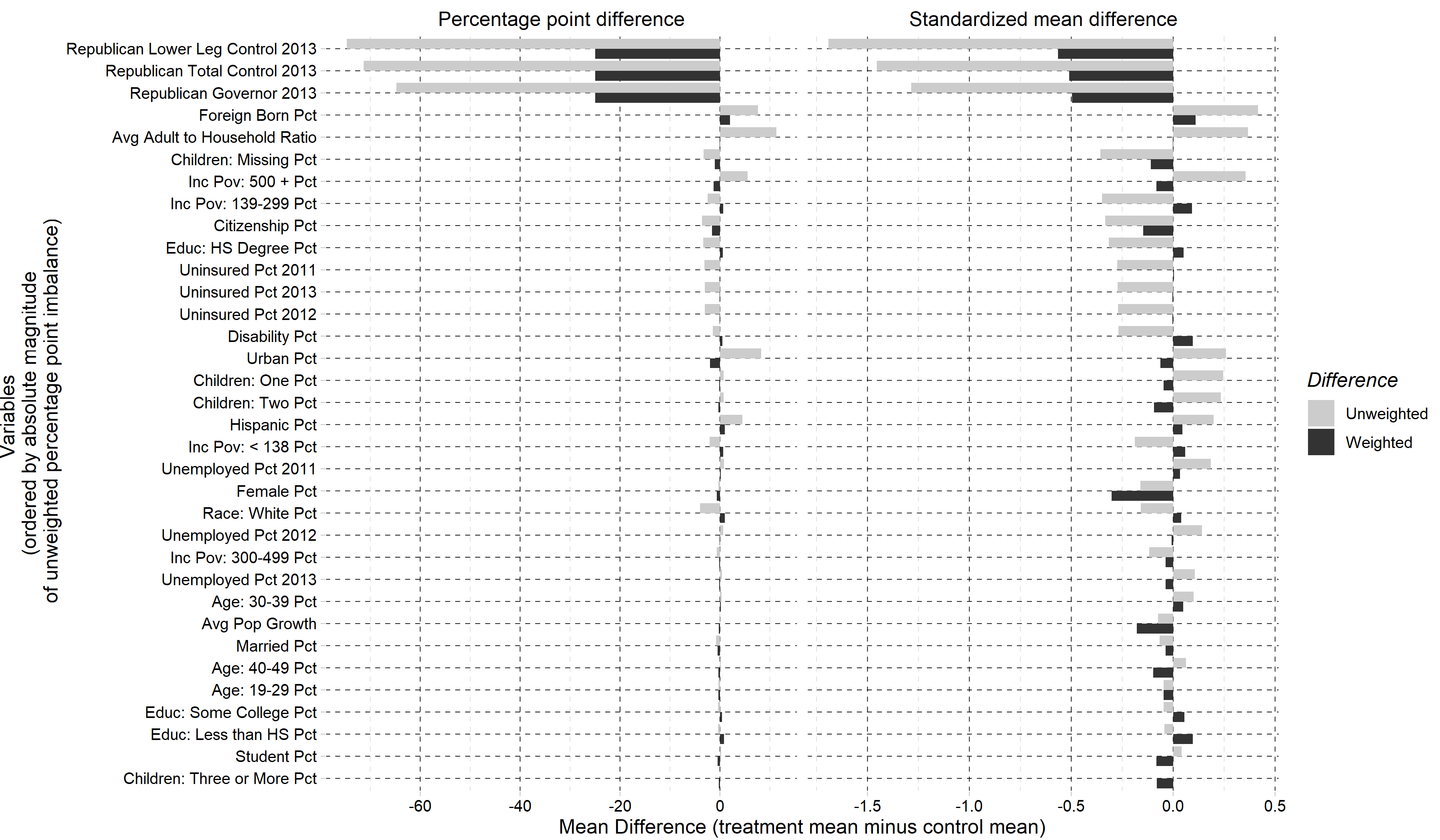We predict the average effect of Medicaid expansion on the non-elderly adult uninsurance rate among states that did not expand Medicaid in 2014 as if they had expanded their Medicaid eligibility requirements. Using American Community Survey data aggregated to the region level, we estimate this effect by finding weights that approximately reweights the expansion regions to match the covariate distribution of the non-expansion regions. Existing methods to estimate balancing weights often assume that the covariates are measured without error and do not account for dependencies in the outcome model. Our covariates have random noise that is uncorrelated with the outcome errors and our outcome model has state-level random effects inducing dependence between regions. To correct for the bias induced by the measurement error, we propose generating our weights on a linear approximation to the true covariates, using an idea from measurement error literature known as "regression-calibration" (see, e.g., Carroll (2006)). This requires auxiliary data to estimate the variability of the measurement error. We also modify the Stable Balancing Weights objective proposed by Zubizaretta (2015)) to reduce the variance of our estimator when the model errors follow our assumed correlation structure. We show that these approaches outperform existing methods when attempting to predict observed outcomes during the pre-treatment period. Using this method we estimate that Medicaid expansion would have caused a -2.33 (-3.54, -1.11) percentage point change in the adult uninsurance rate among states that did not expand Medicaid.
翻译:我们预测了医疗保险计划扩大对2014年没有像扩大医疗补助计划资格要求那样扩大医疗补助计划的国家中非老年成人无保险率的平均影响。我们利用美援社区调查数据汇总到地区一级,通过发现一些加权量来估计这一影响,这些加权量大约使扩张区域与非扩张区域的共变分布相匹配。现有加权数估计方法往往假设,共差值的衡量没有错误,而且没有考虑到结果模型的依赖性。我们的共变体有随机噪音,与结果错误不相干,而我们的成果模型则产生州一级随机效应,导致区域之间的依赖性。为了纠正测量错误造成的偏差,我们建议利用测量误差文献中被称为“回归-平衡”的现有加权数估计值来调整实际差异。 这需要辅助数据来估计测量错误的变异性。我们还修改了Zubizaretta(2015年)在不成熟的成人模型中提议的平衡度目标,导致区域之间的偏差作用。为了纠正测量误差,我们建议用直线接近真正的共变差值,我们用测量误算方法来显示我们目前采用的货币计算结果。

